Why Hire an Elder Law Attorney?
By Rebecca Eyman
In May, Kate and I traveled to Boston, Massachusetts to attend the annual conference for the National Academy of Elder Law Attorneys. While there, I was struck by the multitude of complex issues that elder law attorneys deal with every day, from estate planning documents, to public benefits, to complex family dynamics.
It caused me to reflect on the first questions many clients have on their mind: why should I hire an elder law attorney? Finding the right attorney and paying for legal services can be an ordeal. Disclosing private financial information and discussing death and incapacity can be uncomfortable. Many people would prefer to resolve estate planning issues on their own and avoid the chore and expense of hiring a lawyer.
The simplest reason why consulting with an elder law attorney is a good idea is because you don’t know what you don’t know. Your family’s situation may seem straightforward to you, but pitfalls likely exist that you would never see coming until it’s too late. For this reason, taking advantage of an elder law attorney’s experience can save you money and hassle down the line. For example, I often hear from my clients that, rather than preparing a funding a revocable living trust, they prefer to put one of their children’s names on their real property. In their minds, this is a local way to avoid probate after they die. The arrangement could work; however, there are likely to be several negative unforeseen consequences. Most immediately, you would likely lose your homeowner’s property tax exemption if you add a person to title who does not reside in your home. If you have more than one child, leaving your residence to one child and trusting them to “do the right thing” and share the inheritance with their siblings could go awry if that child chooses to keep the property for themselves. On top of all this, gifting the property to a child denies that child a step-up in tax basis for capital gains calculation down the line, and could also complicate a future Medicaid application. You’d never know this all was coming if you hadn’t consulted with an attorney!
It's not uncommon to feel put off or confused by all of the “legalese” contained in wills, Powers of Attorney, and other legal documents. It is tempting to prepare your own legal documents, or print something off the internet. However, those confounding legal phrases often have an important meaning, and leaving them off could have negative consequences. Also, legal documents obtained online could be tailored to another state, or contain unnecessary or contradictory terms.
An uncomfortable—but necessary—term to carefully consider in your estate planning documents is that of predeceased heirs. This means that you must state who inherits your estate if your children die before you do. Such an idea is no doubt upsetting and uncomfortable to discuss. However, if your estate plan does not specifically state what should happen in that event, your estate might be distributed to persons that you do not wish to include in your legacy. Tough discussions can be morbid, but they serve to avoid unintended consequences!
All in all, the expense associated with meeting with estate planning attorney, in the long run, will far outweigh the expense of solving unforeseen legal problems down the line. Simple and effective tools exist to resolve issues and effectuate your goals. Speak with an elder law attorney today!

